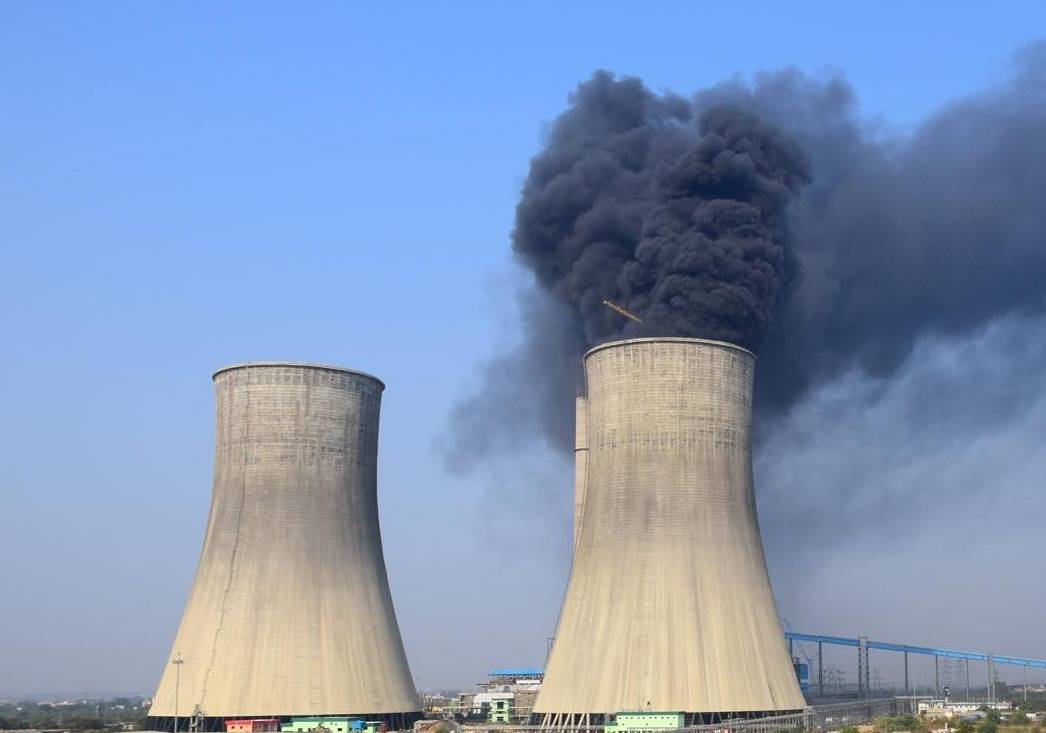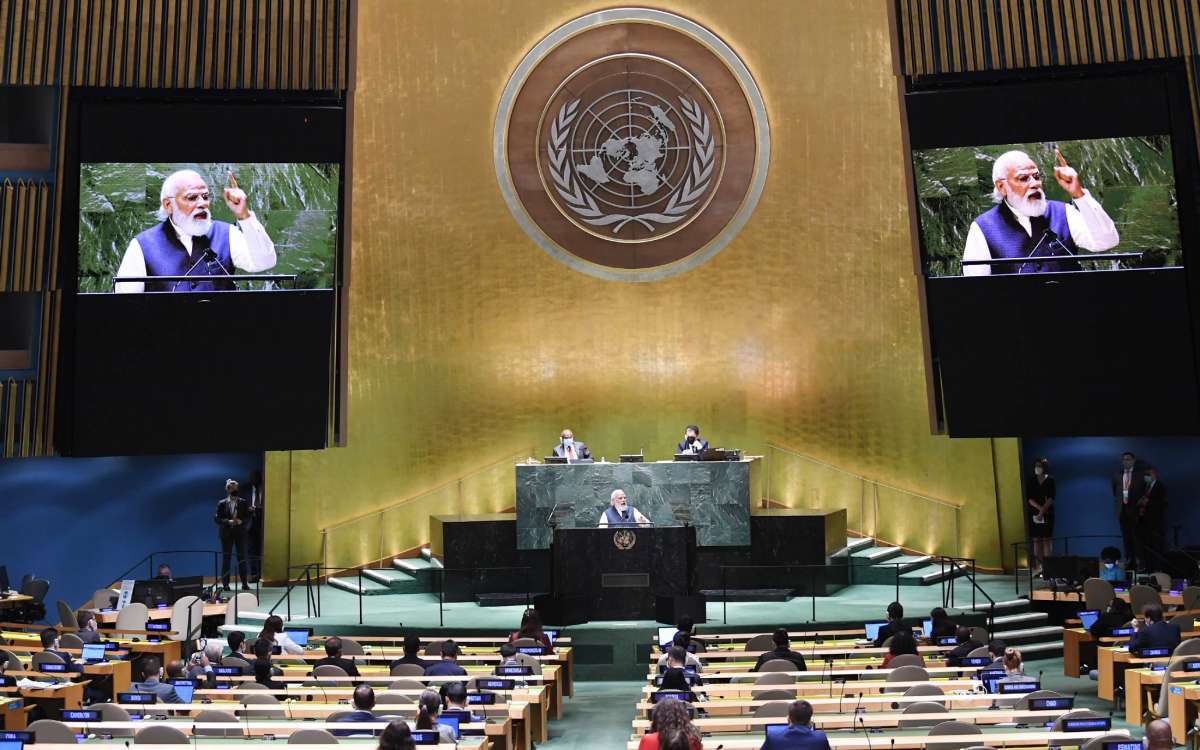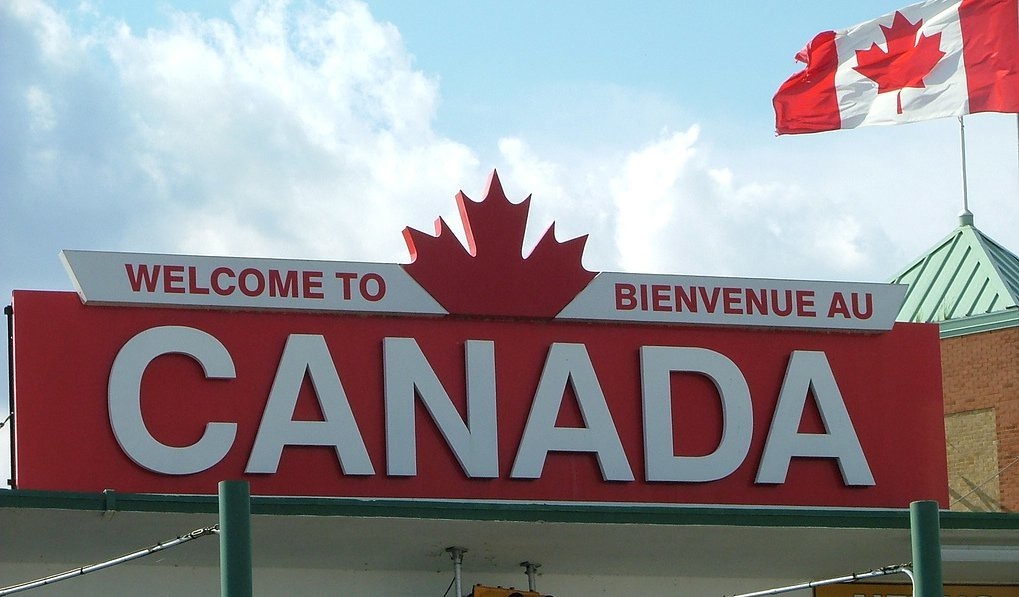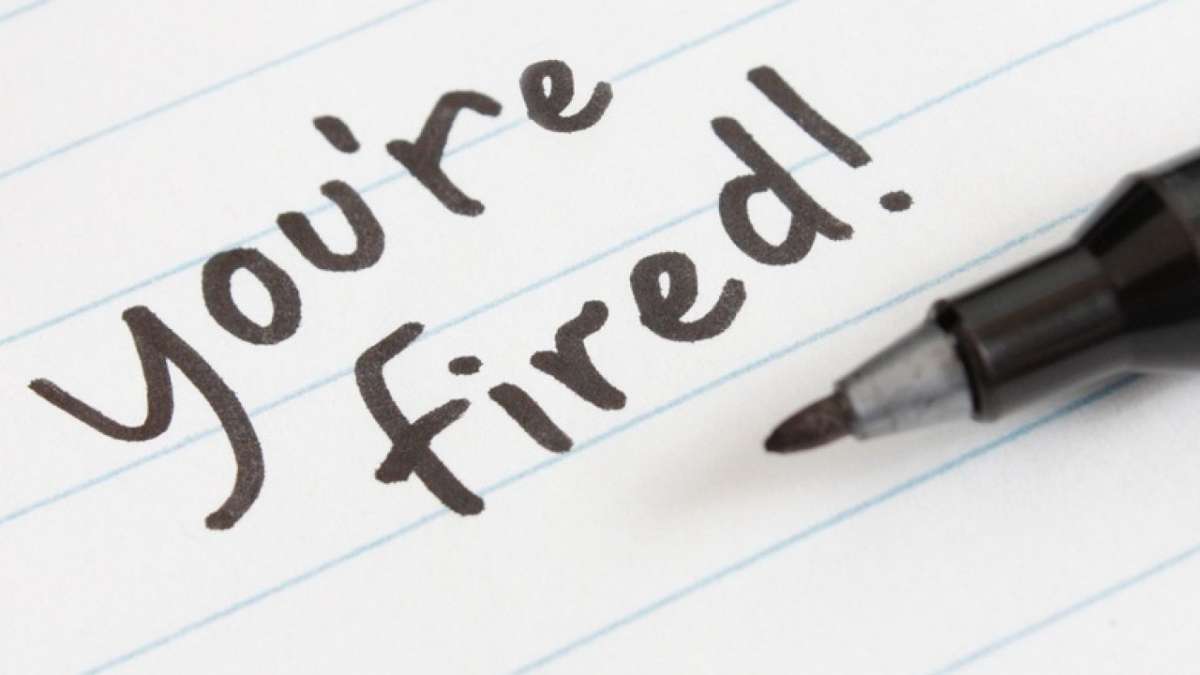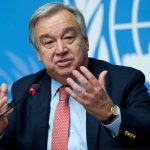The IEA has played an active role throughout, participating in a range of events addressing the ways in which the energy sector can help solve the world’s climate challenge…reports Asian Lite News.
The International Energy Agency (IEA) on Monday said if the world achieves a 30 per cent cut in methane emissions from human activity by 2030, it would have a similar impact on global warming as switching all world’s cars, trucks, ships and planes — the entire global transport sector — over to net zero emissions technologies.
After two weeks of intensive discussions on how to step up international efforts to tackle global warming, the UN Climate Change Conference (COP26) in Glasgow concluded on Saturday night.
The IEA has played an active role throughout, participating in a range of events addressing the ways in which the energy sector can help solve the world’s climate challenge.
IEA Executive Director Fatih Birol joined dozens of world leaders, led by US President Joe Biden and European Commission President Ursula von der Leyen, at the launch of the Global Methane Pledge, underscoring that reducing methane emissions is the most impactful way to limit near-term climate change.
An official statement quoting Birol said he welcomed the commitment by more than 100 countries worldwide to join the pledge to cut global methane emissions from human activity by 30 per cent by 2030 and highlighted the IEA’s longstanding efforts to push for an end to methane leaks from fossil fuel operations.
Multiple leaders including Colombian President Ivan Duque, at the Global Methane Pledge launch, noted the IEA’s important role in advocating measures to clamp down on methane emissions.
Canadian Prime Minister Justin Trudeau announced that his country was the first to commit to meeting the IEA goal of 75 per cent reduction in energy-related methane emissions by 2030.
US Special Presidential Climate Envoy John Kerry, who moderated the event, said the IEA has “played a tremendous role for all of us” and expressed appreciation to Birol for his leadership.
At COP26, Birol also met key leaders and top officials from around the world for discussions on key energy and climate issues, including a substantive meeting with Chinese Special Envoy on Climate Change Xie Zhenhua.
They discussed the IEA’s recent Roadmap to Net Zero by 2050 and Energy Sector Roadmap to Carbon Neutrality in China, as well as China’s energy transition and climate goals.
Birol also held a bilateral meeting with UAE’s Special Envoy for Climate Change, Sultan Ahmed Al Jaber, at which they discussed cooperation between the UAE government and the IEA to support the Gulf nation’s efforts to accelerate its clean energy transition and diversify its economy with the goal of reaching net zero emissions by 2050.
At a meeting with Indonesian Minister of Energy and Mineral Resources Arifin Tasrif, Birol focused on strong and growing programme of IEA-Indonesia cooperation on the energy transition, including the country’s net zero roadmap and the energy agenda for its G20 Presidency in 2022.
During the first week of COP26, the IEA published a commentary on new analysis showing that if all the climate pledges made by countries around the world as of November 3 — covering methane as well as carbon emissions — were to be met in full and on time, it would limit the rise in global temperatures in this century to 1.8 degrees Celsius.
That’s a notable improvement from the 2.1 degrees Celsius of warming that was projected by its World Energy Outlook 2021’s Announced Pledges Scenario in mid-October, based on the climate pledges to date at that point.
But Birol believes this progress is still not enough to put the world in line with the critical goal of limiting warming to 1.5 Celsius — and the pledges still need to be backed up with clear policies to actually put greenhouse gas emissions into decline.
Tracking and accountability will be critical to ensure that countries and companies are following through on their promises.
At the request of the UK’s COP26 Presidency, the IEA is leading the tracking of global progress against the Glasgow Breakthroughs — five goals aimed at driving down the costs of clean technologies. Meeting these goals will be essential to enabling the achievement of governments’ long-term net zero pledges.
ALSO READ-COP 26 :World Unites For Climate Summit in Glasgow


